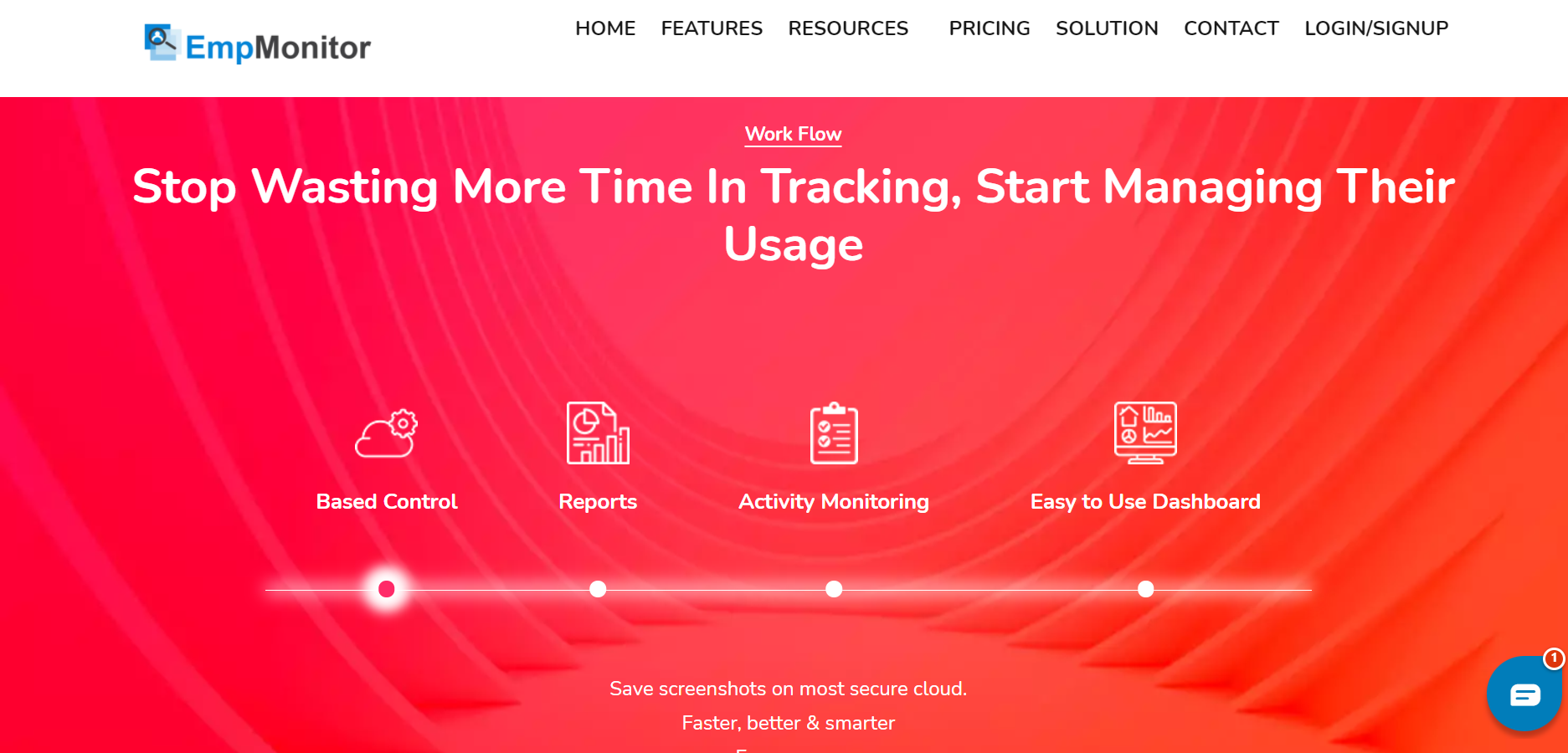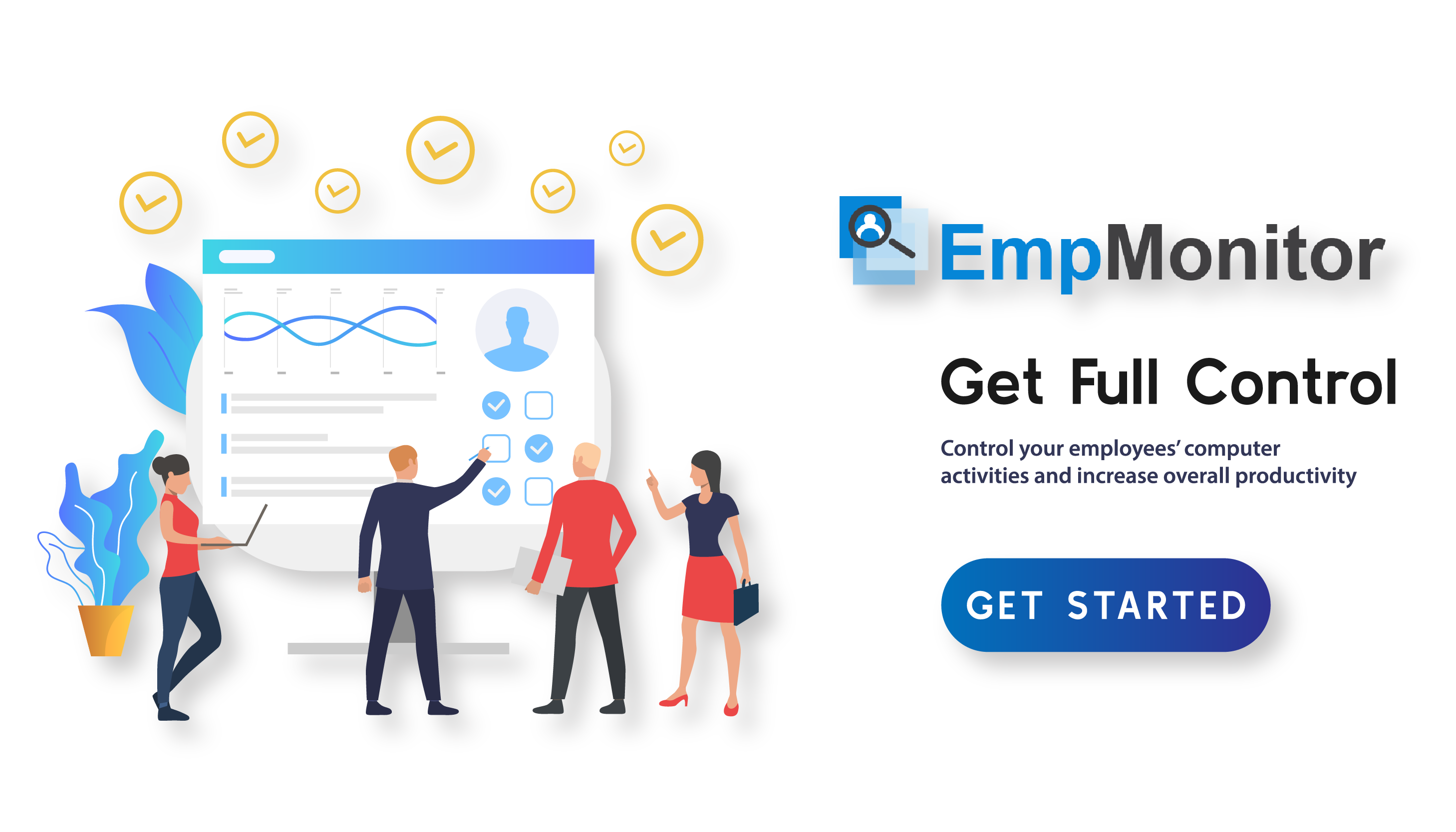Remote team management is different for each company, depending upon the culture and remote work approach as per the business.
Some managers trust their teams on their work approach and past achievements, but the pandemic situation and hybrid work culture requirements call for remote team management applications.
Remote management of teams is all about setting up each individual for success, creating individual leaders, and less about strict processes. When individuals thrive, the whole team is strong, making the organization stronger in turn.
Let us see some of the most effective tips for remote management, applicable to all types of organizations.
Remote Management Tips
1. Set Mutually Agreed Upon Expectations
Never forget that your employees are your real assets, so nourish them well in advance for future challenges and responsibilities by setting transparency between you and them.
Clear communication takes a whole new level of importance in remote management when most of your team are unknown to each other’s working style and backgrounds.
Set clear expectations from each other in the beginning to avoid any last-minute delays and confusion among team members. Fix realistic and achievable expectations so that you can manage the team effectively without compromising on the result.
Focus on employee accomplishment, emphasize objectives over processes to create greater clarity for employees.
Employees who feel confident about the importance of their job feel less anxious about their job security. Hence, drive greater engagement levels.
Make an agreement between you and your employees about the company’s values to have a common connecting background on how to achieve remote management effectively.
2. Trust Your Employees
The best thing to do as a project manager in remote management and otherwise is to establish trust between you and your team members so that they can confide in you with their work-related issues and you have clarity on work hurdles.
Also, providing a supportive work structure will increase their productivity and engagement with the organization.
So, suspend your disbelief and apply the law of attraction to make them do the right thing that you expect from them. If you trust your employees, they will have confidence in you as a leader.
Many times it is the employer’s insecurities and lack of leadership skills that create poor employees and lackluster work culture in the organization.
Team leaders might be feeling a lack of control but don’t respond by micromanaging. Don’t fixate on perceived performance issues that are solvable with an established performance management system like EmpMonitor.
3. Establish Processes to Manage Projects and Productivity
Managing a remote team is easier when you use the right tools, as per your team’s requirements, to make them productive and efficient without an extra dose of technology overload.
Before setting up for remote work culture, ensure your team is well equipped with all the right task management tools and applications to make it a success for the company.
Even if you don’t have access to the right technology and collaborative tools , you can conduct training sessions for the employees to function effectively when remote.
Right technologies facilitate smooth workflow, swift communication between team members and help managers focus on the bigger picture by identifying the potential hurdles beforehand in remote management.
Acknowledge that virtual communications can’t be perfect, be professional and respectful of others to establish an organizational culture.
Be mindful that virtual communications are not comfortable and effective all the time for everyone. Coach yourself and your team on escalating during ineffective virtual exchanges.
For example, if you haven’t settled an issue in three emails, the conversation may need to be elevated to a virtual meeting to get closure.
Make sure your team is equipped with the right project management software to accomplish the desired outcomes. And introduce remote management software like EmpMonitor to streamline the processes for every department.
It will be monitoring, recording and auditing on screen movement of every employee with real-time updates on activity tracking, time tracking, project management, and user behavior analytics.
EmpMonitor’s Remote Management Benefits-
- Enhanced Productivity
- Graphical reports
- Save time and money
- Data Security
- Stealth Operation
- 24*7 Support
Main Features-
Time Management– This feature tracks the employee’s activities, spot and eliminates wasted time.
User Management– Effectively manage multiple users through centralized network monitoring.
Get Real-Time Insights– Get real-time updates, live refresh mode.
Manage Attendance– Empmonitor provides a flexible user-based setting(log hours from anywhere) that gives accurate work hours and department-wise attendances. In addition, you can extract ready-made reports for up to 30 days with auto screenshots.
EmpMonitor provides project lists with project names, modules, tasks, start and end date of the project along with total time taken to complete a project. Also it gives updates on the progress of a project with current status.
Furthermore, it provides regular productivity hours with graphs to better understand the working patterns of your employees.
4. Be on the Lookout for Signs of Distress in your Employees
Remote management calls for understanding and indirect observations to get visibility into employees’ concerns and challenges.
Use direct conversations or sometimes indirect observations to understand their challenges, but never lose an opportunity to let them know that you support and care for them and believe in their talent.
Facilitate regular conversations between managers and employees, and train the managers on employee counseling to broach sensitive subjects such as job security, prospects, alternative work models, impact on staffing, and tension in the workplace.
All these discussions will be in line with setting clear expectations with the employees.
5. Promote Dialogue in Remote Management
Break down the barriers of employee-employer set parameters and establish the rules for open communication with your team members to create a safe space for people with diverse views.
It will give you a new perspective other than the fixed dogmatic work style and create open, spontaneous dialogue culture among team members.
Two-way dialogue ensures better communication to enhance productivity, trust, and engagement rather than hurt or pressure.
Furthermore, Two-way communication is a great medium to extract the information and perspective managers need and enables them to process negative emotions and feel more in control in remote management.
And, most importantly, practice what you preach to gain employee respect and promote better dialogue.
6. Reinforce Organizational Values
Always treat your employees as key stakeholders and ensure creating better experiences and work lives to reinforce organizational values among employees.
Continue displaying your best behavior even during bad times to promote the importance of behavioral traits at the workplace.
Also, encourage your employees to call out unethical conduct and remind them about channels/ groups for reporting misconduct.
Keep highlighting punitive measures for non-compliance to promote work well-being and psychological safety of your workforce in remote management.
7. Train and Connect Remote Employees
Remote management is all about learning new skills, absorbing knowledge and getting accustomed to new-age digital products.
Invest in your employees by providing them with the right training to get things efficiently done remotely. Team leads/ Project managers should take the responsibility of mentoring the newbies and train them into an efficient workforce for your organization.
Encourage cross-mentorship. That is how bonds are developed and efficient teams are built.
8. Embrace Cultural Differences and Viewpoints
Remote teams have the gift of diversity, which is the best part of remote work. Multicultural teams give a broader view of looking at things and better ways of solving a problem.
To better accommodate people from diverse backgrounds, remote management must embrace cultural differences and not try to make people fit into their way of working and thinking.
Having people from varied backgrounds is a win-win if you have a global business. It will equip you with better ways of solving a problem with a broader perspective.
Also, understanding cultural distinctiveness is essential to keep the uniqueness and maintain the harmony of the team without disrespecting anyone.
This kind of acceptance among remote employees will ensure optimum productivity level from the employees and increase team bonding.
9. Focus on Outputs not Processes
Never forget that the Happy team members= Happy customers, especially during remote management landscapes, focus on the quality of their work rather than fixing a set way of doing it.
Everyone is juggling so much work, household responsibilities, providing them the flexibility to complete tasks in the easiest and most efficient ways will forge a unique bond of trust and understanding.
As a manager, look at the bigger picture and stop paying attention to the processes. Focus yourself on getting things done rather than a set way of accomplishing the result.
Always put yourself in their shoes and trust their capabilities to deliver you the best outcome.
Empower them with the gift of flexibility in completing the assignments in their own way and schedule collaboration on mutually agreeable terms. This will ensure their best is saved for you.
10. Encourage Recognition
A genuine appreciation from your team leaders motivates the employees to do better than before, and they strive hard to contribute with their best abilities, even in remote management.
Effective timely recognition not only motivates the recipient but serves as a benchmark for others to emulate. Also, recognition highlights your ability to identify talent and hard work.
Always encourage innovation at the workplace and recognize people who are putting in the effort by creating better solutions.
Recognition doesn’t always mean monetary benefits, give virtual acknowledgements through team meetings in remote work, send personalized ‘thankyou‘ notes as a token of appreciation, or provide them with development opportunities for learning new skills and low-cost perks.
Remote workers and managers have limited interactions and fewer group interactions where colleagues can meet and share stories, so recognize more, improve your monitoring techniques through EmpMonitor and improve your relationships with direct reports.
By conducting virtual meetings and asking employees about work challenges/ barriers, you can identify elements to recognize high-potential employees and thank and share their accomplishments.
Innovation and risk-taking are crucial for employee engagement and organizational success.
Even when the organization has constraints on new investments, managers can emphasize the need and provide opportunities for incremental innovation or process improvements.
11. Show Support to Your Team by Maintaining a Strong Bond With Them
A strong connection with your team members is far more than asking them about their tasks especially in remote management.
Remember, you will get to know more about your employees if you know the things you share in common. Start by making a conversation with them outside your working area.
You may set up a Zoom meeting every weekend or send them some snacks whenever possible. The number of things you can do to talk with your colleagues without breaking the social distancing protocol is limitless.
Always remember that customers are happy when employees serve them well. When your workers feel good and confident to work remotely, they can give the company better results. You can make your employees happy and become more excited to do their work by showing your support to them in remote management.
Final Words
Managing remote teams is not as difficult as it seemed to be a few years back.
The key to effective remote management is your gut feeling and your bond with your employees. Always communicate realistic expectations from your team members.
Set some guidelines on how they should work to maintain a diverse remote team that works harmoniously without compromising on the quality.
Latest from EmpMonitor blog-
Benefits of Having Computer Screen Monitoring Software for Your Business
Working Overtime: How to Know it is Working for You? (2022 Update)
How to Create an Effective Work Schedule: 09 Easy Steps
Computer Monitoring Software 101: The Best Way to Improve Employee Efficiency
















